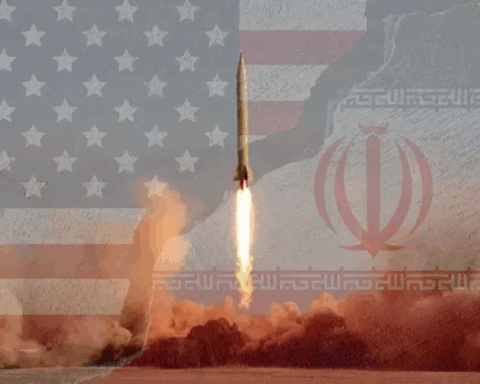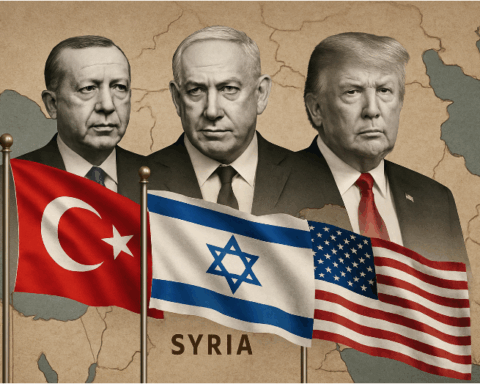Tensions are rising once again in the Middle East. It has been revealed that Israeli Prime Minister Benjamin Netanyahu commissioned two separate military plans targeting Iran. As details leak, both the United States and Iran have responded with caution and stern warnings, raising concerns of a broader regional conflict.
Secret Talks, Public Threats
While indirect negotiations continue between the U.S. and Iran, three rounds of talks—beginning in Oman and later in Rome—are set to resume this Saturday. Iranian Deputy Foreign Minister Abbas Araghchi made it clear: “Israel lacked the capacity to attack Iran in the past, it doesn’t have it now, and it won’t in the future.”
Araghchi added, “Even with U.S. support, launching a military operation against us is not possible. The Israeli regime knows our defense capabilities and how we would respond. That’s why they are neither thinking of attacking nor brave enough to do it.”
Washington’s Calculated Silence
During Donald Trump’s presidency, it is claimed that Netanyahu requested full support for a military strike against Iran in May 2020. Trump reportedly refused to discuss it over the phone and insisted on a face-to-face meeting. While Trump’s rhetoric was aggressive—“If I don’t get what I want, I’ll burn everything down”—experts believe he had no intention of launching a full-scale war with Iran.
Instead, Trump’s strategy relied on maximum pressure through economic sanctions and diplomatic posturing. Analysts argue that a war with Iran would trap the U.S. in a prolonged conflict—one that would benefit China more than anyone else.
Where Do Russia and China Stand?
Iran may not be entirely alone. Russia recently ratified a strategic cooperation agreement with Tehran. However, the deal doesn’t promise direct military support in case of an attack—only a commitment to seek diplomatic solutions. China, similarly, is unlikely to intervene militarily.
U.S. Military Movements and Israeli Readiness
The U.S. recently deployed nine warplanes and transport aircraft to Israel’s Nevatim Airbase. While this raised concerns of a pending strike, defense experts say this may be a defensive move, not an offensive one.
Israel reportedly used bunker-buster bombs in Lebanon to target Hezbollah leaders hidden in underground shelters, and possibly in Gaza and Syria. Some believe these munitions are being replenished, not necessarily in preparation for an imminent strike on Iran.
Negotiations or Escalation?
Iran appears to be playing the long game, using diplomacy to buy time under crushing economic sanctions. The U.S. wants to limit Iran’s nuclear ambitions but needs a face-saving way to de-escalate. Both sides are seeking a diplomatic win they can sell to their domestic audiences.
The U.S. might declare: “We stopped Iran’s nuclear weapons program,” while Iran may claim: “We preserved our nuclear rights and infrastructure.” One possible diplomatic trick? Iran’s Supreme Leader must issue a religious decree (fatwa) to allow the production of nuclear weapons—something that has not happened and might never happen.
Conclusion: War or Compromise?
Despite Israel’s war preparations, full-scale conflict remains unlikely—so long as diplomacy continues. The U.S. remains focused on China, not Iran. And Tehran, strangled by sanctions, cannot afford a total war. In the background, Russia and China offer only symbolic support, not military guarantees.
The next round of talks may yield an interim deal, allowing both sides to claim victory without actual confrontation. Until then, the risk of limited strikes or escalatory messages—particularly via Israeli or proxy action—remains very real.
- Trump’s Houthi Statement: Peace Offering or Strategic Retreat? - May 6, 2025
- Turkey’s New Path: London or Washington? - May 6, 2025
- Opinion | The Pentagon’s Star Trim: A Bold Move or Bureaucratic Theater? - May 6, 2025










